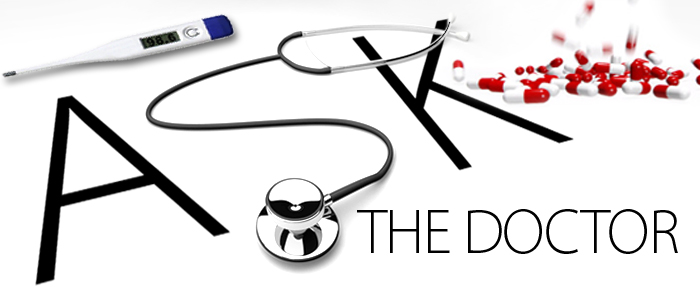
Dr. Peter, I exercise regularly, eat right and feel I get enough sleep, but in the past few years I’ve noticed increasing fatigue, loss of sex drive and sometimes feeling depressed. I’m only 42, is there such a thing as “male menopause”? – Terry, Indio
Terry, by definition, no, men do not go through menopause. But as men get older, their testosterone levels start to decrease and may start to become symptomatic even in their late 30’s or early 40’s. Symptom severity can vary and the onset can become gradual. Testosterone deficiency is sometimes called “andropause”.
Symptoms may vary from person to person, along with the age of onset.
Common symptoms of men going through andropause include:
- low sex drive
- erectile dysfunction
- lack of energy
- depression
- irritability and mood swings
- loss of strength or muscle mass
- increased body fat
If you are a male and think you are going through andropause, consult with your primary care physician or a urologist. A proper history and physical exam with lab testing will help with the diagnosis. There is treatment available for these conditions and may involve the use of hormone therapies.
Dr. Kadile, I was considering looking into testosterone therapy, but I heard it was bad for a person’s heart. Is that true? – Joe, Rancho Mirage
Joe, contrary to what you have heard, testosterone is actually beneficial for your heart. Media attention toward two articles published in late 2013 and early 2014 raised concerns that testosterone may actually increase a person’s cardiovascular risk (stroke or heart attack). Since that time, these articles ( Vigen et al, JAMA 2013 and Finkle et al, PLoS One 2014) have been thoroughly criticized by the medical community. Due to problems with the way the studies were constructed and how data was collected and interpreted, they were found to be poor studies and did not provide convincing evidence of cardiovascular risk with testosterone. There are actually a multitude of medical studies that show that testosterone is beneficial for a person’s heart.
Testosterone is a muscle building hormone and the human heart has more cellular sites for receiving testosterone than in any other muscle in the human body. The heart is the major muscular target for testosterone. So if you are low in testosterone or deficient, then your heart is not getting enough and thus not functioning as well. Low testosterone = weak heart. A majority of medical studies report an association between normal or optimal levels of testosterone and low cardiovascular disease in men. Low testosterone actually contributes to high cholesterol, increased blood pressure and increased body fat.
Unfortunately the media drew attention to medical articles that were actually poorly done and showed increased cardiovascular risk with testosterone. The media has failed to report on the abundance of studies that show heart benefit with testosterone. A great article came out in the medical journal, Mayo Clinic Proceedings in February 2015, titled “Testosterone Therapy and Cardiovascular Risk: Advances and Controversies”, which reviewed the medical literature and found “no scientific basis for the suggestion that T (testosterone) therapy increases CV risk” and “on the contrary, the weight of evidence accumulated by the researchers around the world over several decades clearly indicates that higher levels of T are associated with amelioration of CV risk factors and reduced mortality.”
It is important to know what the medical research shows so that you are informed when you discuss possible testosterone therapy with your doctor.











































